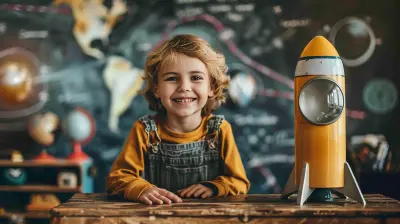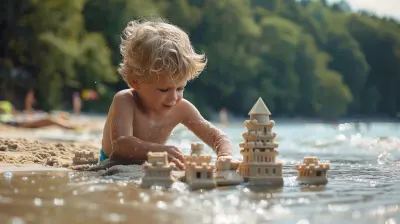The Role of Hydration in Keeping Your Child Energized and Healthy
5 November 2025
As a parent, there are about a million things to keep track of when it comes to your child’s well-being. From making sure they eat enough veggies to ensuring they get plenty of sleep — it’s a never-ending list. But there’s one thing that sometimes flies under the radar, even though it's essential to your child's health and energy levels: hydration.
Yep. Good old-fashioned water.
You might be surprised how big a role hydration plays in your child’s ability to focus at school, stay active on the playground, and fight off that pesky cold that keeps making its rounds. So, let’s dive into why hydration is so crucial for kids, how much water they really need, and how to get even the pickiest little one to sip more of the good stuff.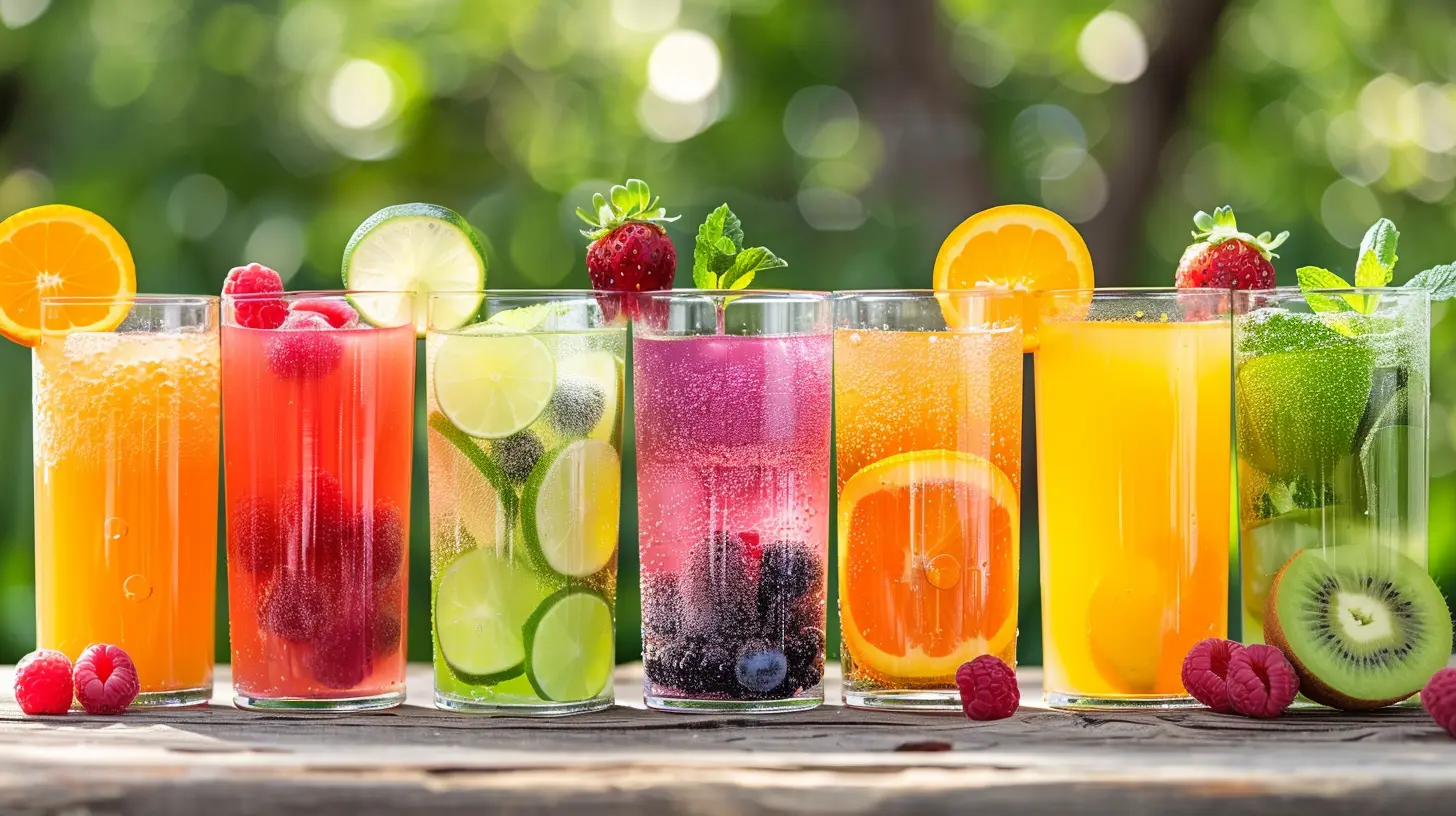
Why Hydration Matters for Kids
Let’s start with the basics: your child’s body is made up of about 60-70% water. Every single cell, organ, and system depends on water to function properly. When your kiddo is well-hydrated, everything just works better — from their brain and muscles to their digestion and immune system.Boosts Energy and Reduces Fatigue
Ever notice your child dragging their feet halfway through the day? Or zoning out during homework time? It might not be that they’re lazy or bored — they could simply be dehydrated.Even mild dehydration can impact a child’s energy levels. Water helps regulate body temperature and transport nutrients throughout the body. Without enough of it, your little one runs low on fuel, kind of like trying to drive a car with just a quarter tank of gas.
Think of hydration as nature’s energy drink — minus the sugar.
Supports Brain Function and Focus
Kids are natural learners. But guess what? The brain needs water to actually learn and retain information. When children don’t drink enough water, it can mess with their concentration, short-term memory, and even mood.A dehydrated brain is like trying to stream YouTube with a weak Wi-Fi signal — it just doesn’t work well.
Keeps Digestion and Kidneys Happy
Water is crucial for digestion. It helps move food through the digestive tract and prevents constipation, a super common problem in kids. And let’s not forget the kidneys, which filter out toxins and waste from the body. Without enough water, these little powerhouses can’t do their job.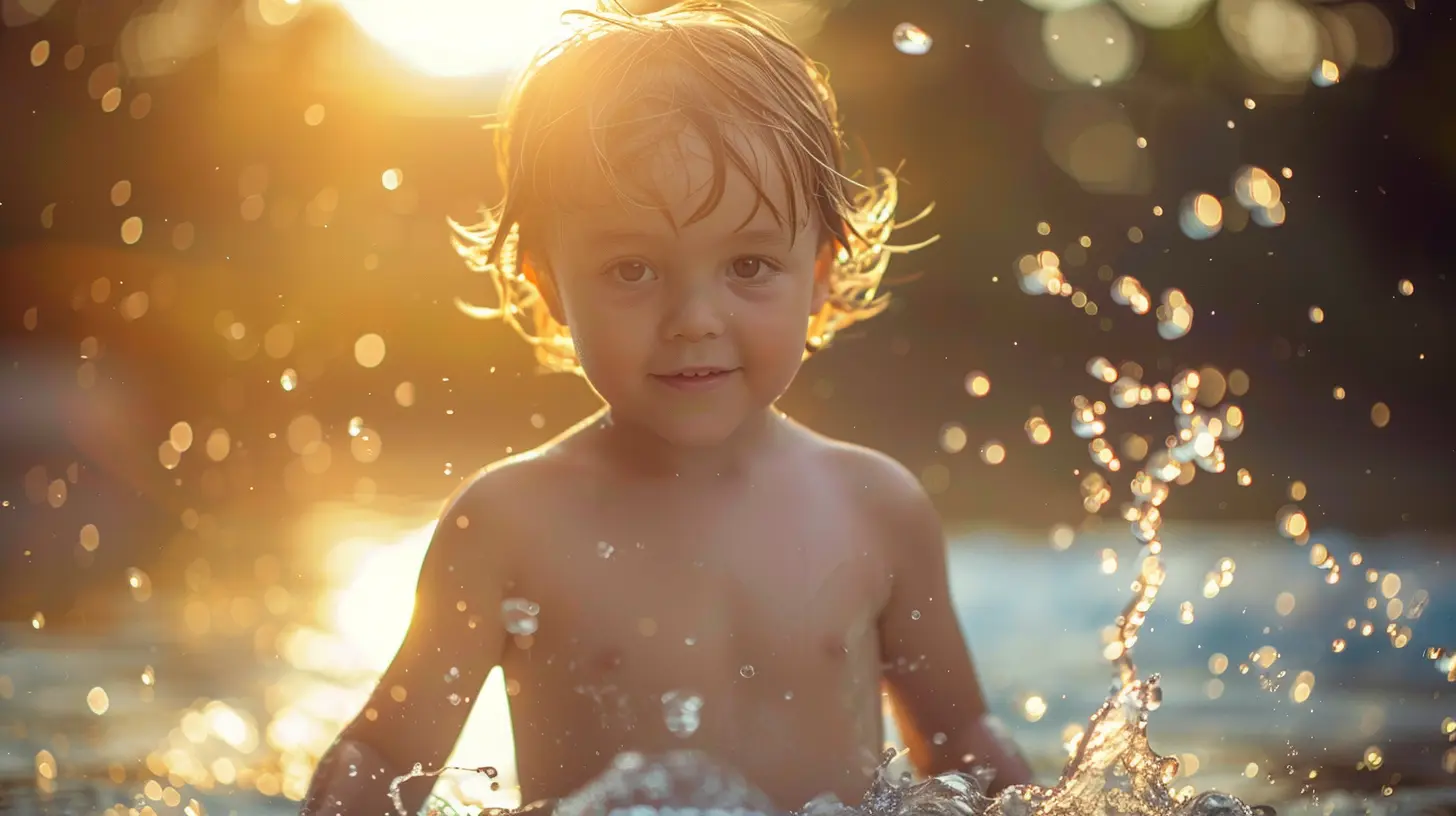
How Much Water Do Kids Really Need?
Alright, here’s the million-dollar question: how much water should your child actually drink?Well, it depends on a few things — mainly age, weight, activity level, and the weather. But here’s a general guideline to help you get started:
| Age Group | Recommended Water Intake (per day) |
|-----------|------------------------------------|
| 1-3 years | 4 cups (approx. 1 liter) |
| 4-8 years | 5 cups (approx. 1.2 liters) |
| 9-13 years | 7-8 cups (1.6 to 1.9 liters) |
| 14-18 years | 8-11 cups (1.9 to 2.6 liters) |
Note: This includes water from all sources — drinks and food.
And if your kid is super active or it’s hot outside? They’ll need even more.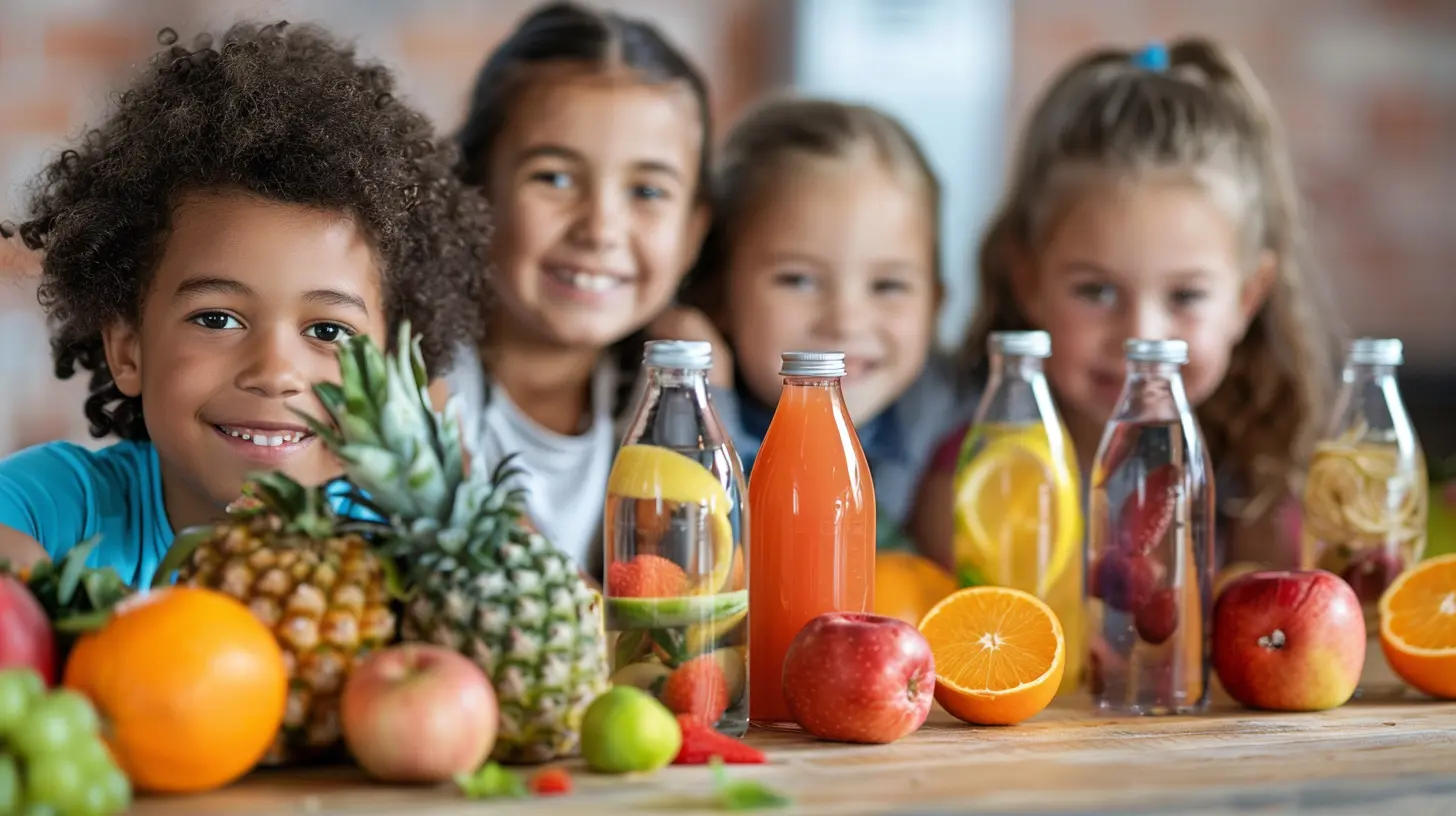
Common Signs Your Child May Be Dehydrated
Kids aren’t always great at recognizing when they’re thirsty, and younger ones might not be able to tell you at all. So as parents, we need to keep an eye out for these telltale signs:- Dry or sticky mouth
- Dark yellow pee or going less frequently
- Fatigue or irritability
- Sunken eyes
- Headache or dizziness
- Crying without tears
Dehydration can sneak up pretty fast, especially during hot days or after physical activity. So if you spot any of these signs, it’s time to reach for the water bottle — stat.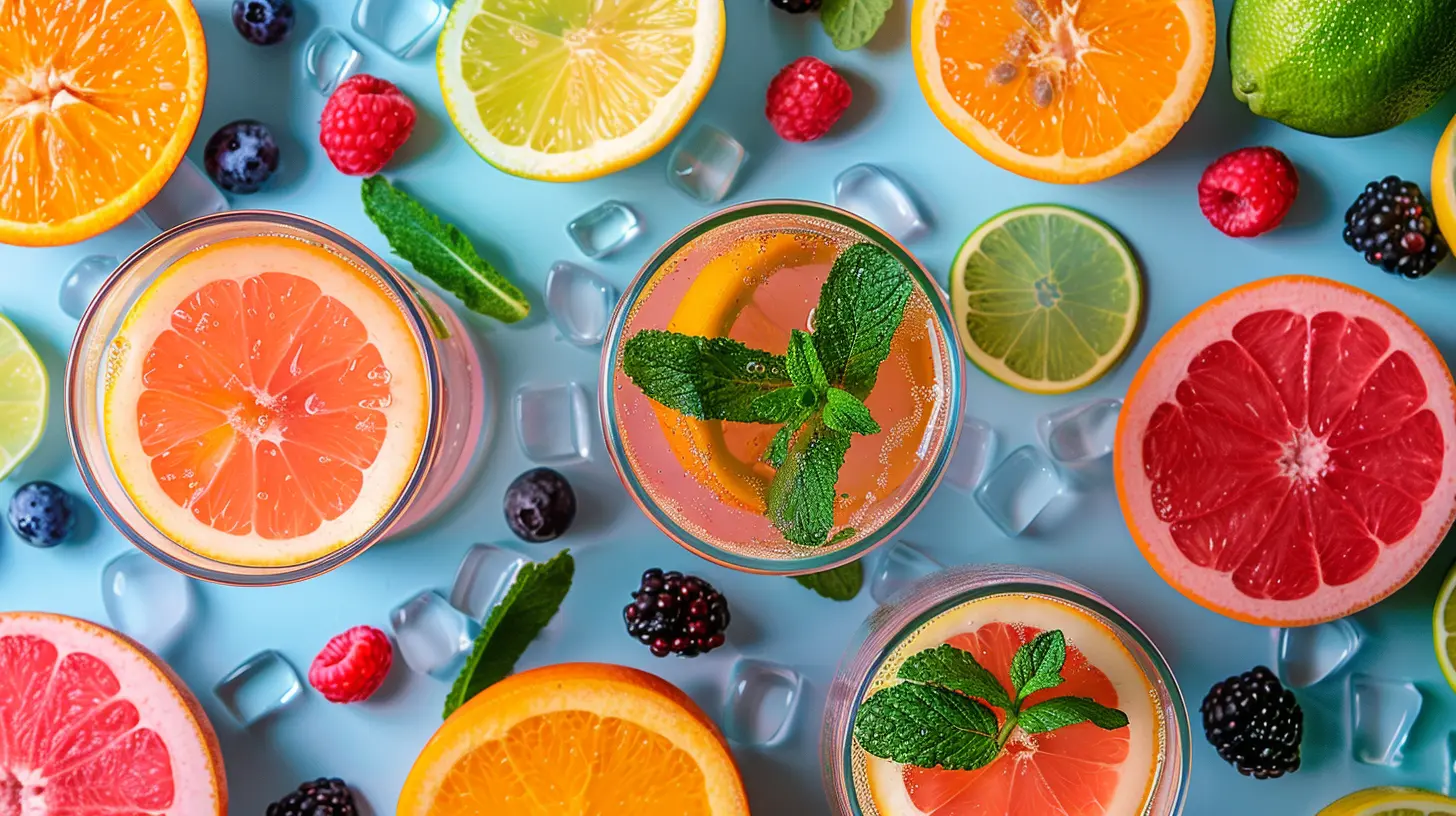
Fun and Easy Ways to Get Kids to Drink More Water
Let’s be honest — convincing your child to drink more water isn’t always easy. Water’s not exactly exciting when there’s juice, milkshakes, or soda around. But don’t worry, I’ve got some tried-and-true parent hacks that actually work.1. Make It Fun
Kids are more likely to drink water if it feels like something fun, not a chore. Try letting them pick out their own special cup or water bottle. Add stickers, use a silly straw, or find a bottle with their favorite cartoon character on it.2. Add Natural Flavor
Plain water can be boring. So why not jazz it up a bit? Add slices of fruits like strawberries, oranges, cucumbers, or even a few mint leaves. It makes water look exciting and gives it a hint of flavor without the sugar rush.3. Make It a Game
Turn water drinking into a challenge. For example, create a chart and give them a sticker every time they finish a cup. Set timers for “water breaks” throughout the day. First one to finish their glass gets to choose the evening’s bedtime story!Simple rewards go a long way with kids.
4. Offer Water with Every Meal and Snack
Make water your go-to beverage at home. If it’s always available and visible, it becomes the norm. Put a small pitcher on the dinner table, or serve water with a slice of fruit on the side like a mini spa day.5. Lead by Example
Kids are mini copycats. If they see you choosing water over soda or other sugary drinks, they’re more likely to follow your lead. Make hydration a family habit — not just a rule for them.Hydrating Foods That Help Too
Good news: not all hydration has to come from a glass. Many foods have high water content and can sneak extra hydration into your child’s day.Here are some hydrating superstars:
- Watermelon (over 90% water!)
- Cucumbers
- Oranges
- Strawberries
- Grapes
- Pineapple
- Celery
- Yogurt
- Soups and broths
These are especially helpful for kids who aren’t big fans of drinking plain water. Mix them into meals, pack them in lunchboxes, or offer them as after-school snacks.
What About Other Drinks Like Juice and Milk?
Juice, milk, smoothies — they all count toward hydration technically. But don’t let that fool you into thinking they’re equal to water.Juice is often loaded with sugar (even the natural kind), and too much can lead to tummy troubles or blood sugar spikes. Milk’s great for bones but can be filling, leaving little room for water or food.
Water is still the best choice for hydration. Save the other drinks for occasional treats or with meals.
When to Hydrate the Most
Timing matters too. Here are key moments when your child definitely needs a hydration boost:- First Thing in the Morning: After a long night, their body needs a quick water refill.
- Before, During, and After Physical Activity: Sports, recess, or park play? Water is a must.
- During Hot Weather: More sweating = more water loss.
- When Sick: Fever, vomiting, or diarrhea? Hydration helps the body heal faster.
Encourage small sips throughout the day rather than chugging big glasses all at once. It’s easier on the system and more effective.
The Hydration-Energy Connection: A Real-Life Scenario
Let me paint you a quick picture.Remember that time your child came home from school totally wiped, flopped on the couch, and said they were “just sooo tired”? You probably assumed it was a long day of learning and playing.
But what if all they really needed was a tall glass of water?
It's common. Kids burn energy like crazy — their bodies and brains are constantly growing and working overtime. And just like a plant wilts without enough water, your child’s energy levels can crash without proper hydration.
Just a little more water can make a big difference in their mood, stamina, and mental clarity.
Creating a Hydration-Friendly Environment at Home
You don’t have to become the hydration police, but a few easy changes can nudge your child toward drinking more:- Keep water bottles filled and easy to reach in the fridge.
- Pack a reusable water bottle in their backpack.
- Avoid keeping sugary drinks in the house all the time.
- Talk to your child’s teacher or daycare provider about access to water.
- Use fun hydration apps or timers geared toward kids.
Final Thoughts: Small Sips, Big Impact
Hydration doesn’t get enough credit — but it should. It’s one of those little daily habits that can have huge benefits for your child’s energy, focus, health, and happiness.So the next time your little one’s cranky or out of steam, try reaching for a glass of water. It might just be the refresh button they need.
Remember: small sips, big impact.
all images in this post were generated using AI tools
Category:
Kids NutritionAuthor:

Liam Huffman
Discussion
rate this article
1 comments
Stacey Holland
Water isn't just for fish! Keep those tiny humans hydrated or prepare for cranky chaos. A sip here and there goes a long way—let's ditch the sugar traps!
November 19, 2025 at 4:36 PM

Liam Huffman
Absolutely! Hydration is key for keeping kids energized and focused. Let’s encourage water over sugary drinks for a happier, healthier childhood!

